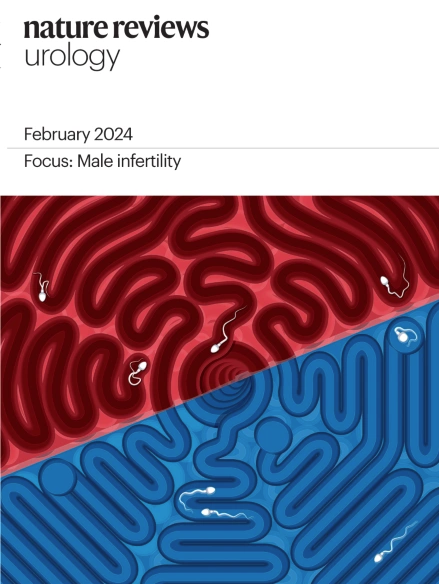畅谈癌症和心理健康
IF 14.6
1区 医学
Q1 UROLOGY & NEPHROLOGY
引用次数: 0
摘要
每个人都了解癌症的悲惨遭遇;然而,只有亲身经历过的人才知道癌症影响的严重性。因此,并不是每个人都能理解自己被确诊为癌症或支持所爱之人的感受,也不是每个人都能理解同事和同学在工作和学习中的反应。这就引出了一个问题:为什么人们在面对癌症诊断时,往往仍然讳莫如深?我曾与许多在童年时期或青少年或青年时期被诊断出癌症的患者交谈过;在这种情况下,父母负责带孩子到医院或保健医生那里进行检查,这也带来了沉重的精神负担。一位刚刚结束化疗的患者告诉我,她不想与高中同学谈论自己的诊断,她会谨慎选择何时向谁公开自己的癌症。人们的反应各不相同,有的过于友好,有的则完全回避这个话题,这意味着她很快就清楚了谁是她真正的朋友,谁是她可以信任的人。现在,她已经完成了治疗,但仍然不一定会在大学校园里与新朋友提起这个话题。不过,与了解癌症后生活艰难的人交谈,可以让她理解自己的处境,并在学习期间给予她支持,因为大学生活对任何人来说都是艰难的,即使是身体健康的人也不例外。本文章由计算机程序翻译,如有差异,请以英文原文为准。

Opening up about cancer and mental health
求助全文
通过发布文献求助,成功后即可免费获取论文全文。
去求助
来源期刊

Nature Reviews Urology
医学-泌尿学与肾脏学
CiteScore
12.50
自引率
2.60%
发文量
123
审稿时长
6-12 weeks
期刊介绍:
Nature Reviews Urology is part of the Nature Reviews portfolio of journals.Nature Reviews' basic, translational and clinical content is written by internationally renowned basic and clinical academics and researchers. This journal targeted readers in the biological and medical sciences, from the postgraduate level upwards, aiming to be accessible to professionals in any biological or medical discipline.
The journal features authoritative In-depth Reviews providing up-to-date information on topics within a field's history and development. Perspectives, News & Views articles, and the Research Highlights section offer topical discussions and opinions, filtering primary research from various medical journals.
Covering a wide range of subjects, including andrology, urologic oncology, and imaging, Nature Reviews provides valuable insights for practitioners, researchers, and academics within urology and related fields.
 求助内容:
求助内容: 应助结果提醒方式:
应助结果提醒方式:


